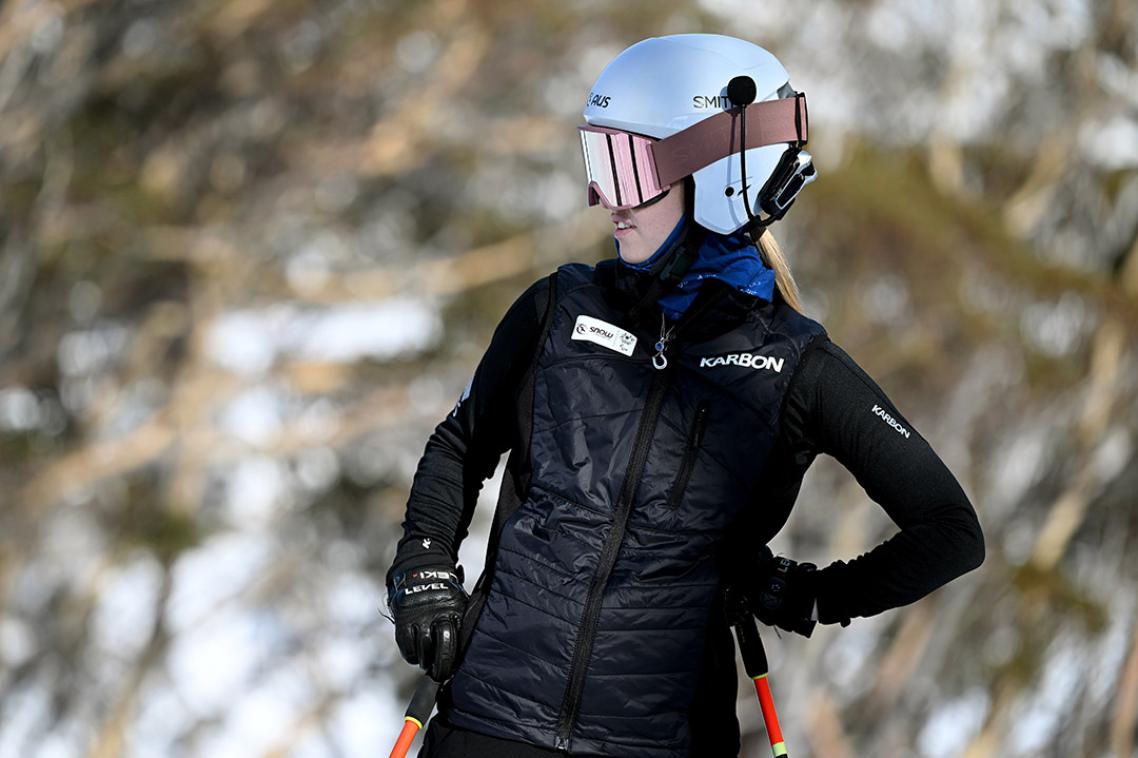Why we cheer louder for homegrown heroes

(Photo credit: Adobe. )
Associate Professor Nik Steffens from UQ’s School of Psychology said foreign players in European soccer leagues were found to have needed to outperform local players by a substantial margin to be recognised with end-of-season honours.
“People were more likely to recognise and celebrate sporting greatness when they share an identity with an athlete – in this case by being from the same country,” Dr Steffens said.
“Shared group membership is a powerful force in shaping who we see as a hero in sport.
“It’s not just about talent or ability. We value accomplishments more when we feel a connection to the person and see them as ‘one of us’, making us more likely to notice, remember and elevate their achievements.”
The research analysed winners of player‐of‐the‐season awards from Europe’s soccer leagues across 28 years.
Co-author Professor Alex Haslam from UQ’s School of Psychology said with European football seasons wrapping up and awards imminent, this study provides timely, data‐driven insight into a hidden motivator behind the decisions.
“For foreign players to be recognised with best-player awards, they had to show substantially higher performance than their domestic counterparts, scoring an average of 17 goals per season compared to 13,” Professor Haslam said.
“They scored on average every 155 minutes compared to every 189 minutes for the local players.”
The research also raises important questions about who gets left out and how to fix it.
“If we can build broader more inclusive group identities, for example by seeing ourselves as fans of a sport or a diverse national community, then we can also widen the net of recognition,” Dr Steffens said.
“This research sheds light on how media, sporting organisations, and teams tell stories about athletes – and in that process, about who we are and aspire to be, and whose heroism we make space for.”
The research is published in Journal of Applied Social Psychology.
Topics
Related articles

Sunshine state to the slopes - Georgia Gunew’s path to the Winter Paralympics
Brisbane woman runs 50km for 50 days to break barriers for para-athletes
Media contact
UQ Communications
communications@uq.edu.au
+61 429 056 139
